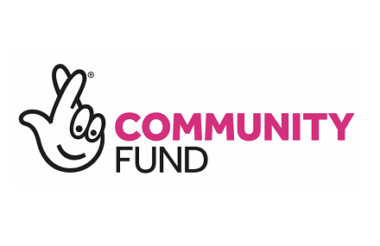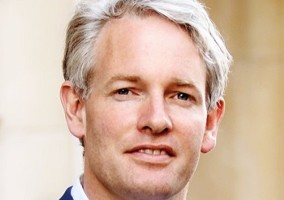The government will open a public consultation into the future of the National Lottery Community Fund (NLCF) later this year.
The Department for Digital, Culture, Media and Sport (DCMS) confirmed the plan yesterday, as part of the government’s response to Danny Kruger’s review of civil society.
The NLCF said it welcomed the decision. It is the biggest funder in the country and distributed £750m to charities in 2020-21, but it has also been dealing with bullying allegations at the organisation.
The government response rejected a number of Kruger’s other recommendations, such as the introduction of volunteer passports and changes to rules for registering charities, although it reiterated support for procurement reform and improving data on the charity sector.
Public consultation this year
Kruger’s report, which was published nearly 18 months ago, criticised the NLCF for working in “too many silos” and with “too little innovation”. It recommended that the government should “rethink the purpose and model” of the funder.
In response, DCMS said: “We expect to consult publicly on new government policy directions for the NLCF in 2022, to explore how to bring an even sharper focus on investments in the places and people most in need.”
DCMS was not able to provide any further details on when this consultation will begin, or how it will be conducted.
David Knott was named as the new chief executive of the NLCF in October. Knott had initially been appointed as a policy advisor at the NLCF, prior to which he led the Office for Civil Society inside DCMS.
Faiza Khan, director of engagement and insight at the NLCF, said: “Our focus is on supporting people and communities to prosper and thrive.
“We received our last policy directions for the UK and England in 2012. So we welcome the government’s plans to consult publicly on new government policy directions in 2022 and the focus on serving communities well. We welcome anything that supports this and adds to the impact of our National Lottery funding.”
Rejections
The government rejected Kruger’s suggestion of developing a volunteer passport system for the sector, arguing that “there is limited need or demand” for the process and warning that it might duplicate existing systems.
DCMS’s response also said that it would not be taking forward Kruger’s recommendations for a dedicated day to celebrate local neighbours or planning reforms to support social infrastructure.
The government also rejected the suggestion of a new “probationary” category for new charities, saying that the Charities Bill currently before parliament aims to “remov[e] unnecessary red tape” facing the sector.
Reform to service design and data
Kruger had suggested new legislation to help communities challenge the way their local services were designed. The government said it had no plans for introducing that legislation but did commit to piloting Community Covenants, through which councils and the public can “co-create a shared approach to address local challenges, enhance places and improve public services”.
Kruger welcomed this commitment on Twitter, calling it “people-led reform”.
V pleased with Govt response to my 2020 report Levelling Up Our Communities, out today - and the commitment in the Levelling Up White Paper to 'community covenants'. We need people-led reform, with power exercised by communities not remote bureaucracies. https://t.co/HKiOFKHQS8
— Danny Kruger (@danny__kruger) February 2, 2022
DCMS also agreed with Kruger on the importance of improving data on civil society to help create what his report called “a more distributed, less hierarchical social model”.
The government response said that DCMS “is undertaking a project to improve evidence and data. We are working with the sector to explore how to accurately estimate the economic, social and wellbeing contribution of non-profit activity.
“DCMS will work with the Office for National Statistics to bring together economic data on the value of the social economy – a civil society ‘satellite account’ – so that our estimates more fully reflect the scope of the sector.”
Earlier this week, a former government advisor on charities said that data on the charity sector at the start of this parliament was so poor that “there was nothing we could do with it”.
Editor's note, 3 February 2022, 2.30pm. The headline on this article was amended to reflect the narrower government review being undertaken
Related news












